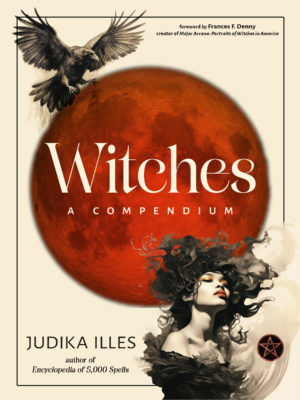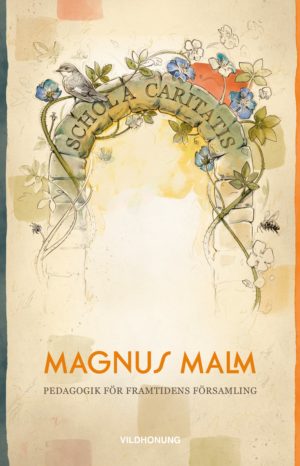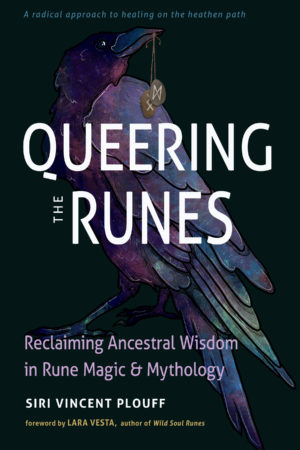
Islam and the challenge of civilization
Abdelwahab Meddeb makes an urgent case for an Islamic reformation, located squarely in Western Europe, now home to millions of Muslims, where Christianity and Judaism have come to coexist with secular humanism and positivist law. He is not advocating “moderate” Islam, which he characterizes as thinly disguised Wahabism, but rather an Islam inspired by the great Sufi thinkers, whose practice of religion was not bound by doctrine.
To accomplish this, Meddeb returns to the doctrinal question of the text as transcription of the uncreated word of God and calls upon Muslims to distinguish between Islam’s spiritual message and the temporal, material, and historically grounded origins of its founding scriptures. He contrasts periods of Islamic history—when philosophers and theologians engaged in lively dialogue with other faiths and civilizations and contributed to transmitting the Hellenistic tradition to early modern Europe—with modern Islam’s collective amnesia of this past. Meddeb wages a war of interpretations in this book, in his attempt to demonstrate that Muslims cannot join the concert of nations unless they set aside outmoded notions such as jihad and realize that feuding among the monotheisms must give way to the more important issue of what it means to be a citizen in today’s postreligious global setting.






